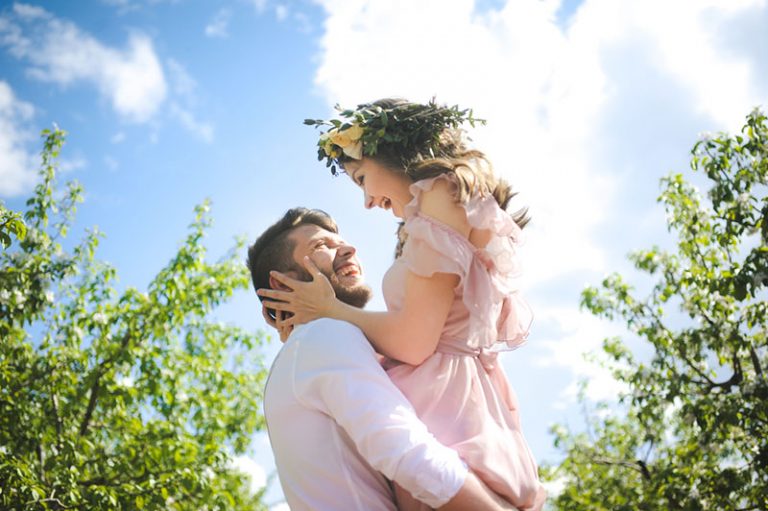17 Key Differences Between Love and Emotional Dependency (Is Your Relationship Healthy or Toxic?)
Love is beautiful, grounding, and full of freedom. Emotional dependency, however, might feel like love—but it’s driven by fear, insecurity, and a constant need to be needed. True love allows you to feel free. Emotional dependency ties your worth to someone else’s presence.
Not sure where you stand? Ask yourself this: Does this relationship feel like home, or does it feel like a place you have to constantly earn the right to stay in? Because real love never makes you fight for a sense of safety.
Here are 17 key distinctions between true love and emotional dependency, along with subtle signs that your relationship might be leaning toward toxic territory.
1. Love is a choice. Dependency is a need.

When you love someone, it’s a conscious choice you make every day. You want to be with them, share your life, and build a future together. It’s a beautiful decision born out of mutual respect and affection. Contrast this with emotional dependency, where the thought of being alone is terrifying.
You feel like you can’t function without the other person. This isn’t about love; it’s about filling a void. Always remember, true love adds to your happiness, while dependency tries to complete you. The difference? One is an option, the other feels like survival. Consider how you feel when apart: calm or anxious? That feeling says it all.
2. Love supports independence. Dependency fears it.
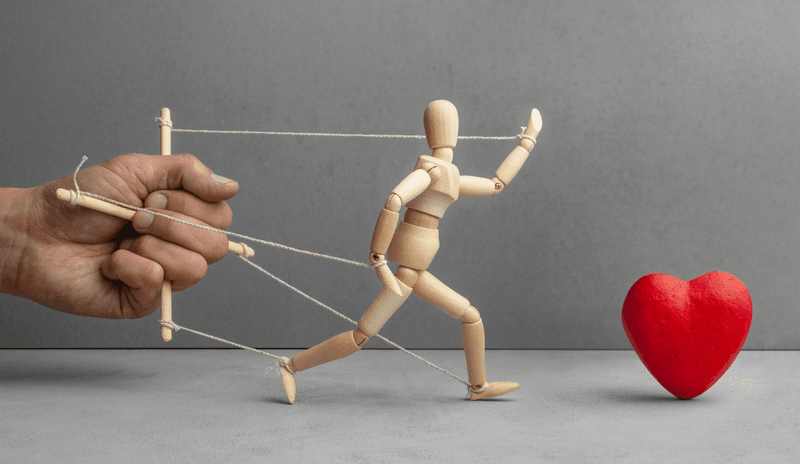
Independence is crucial in a healthy relationship. Love encourages you to grow as an individual, to explore your interests and become the best version of yourself. It’s secure enough to give you space, knowing that time apart strengthens the bond. On the flip side, emotional dependency views independence as a threat.
Fear sets in when one partner embraces their individuality, as though distance equals disinterest. Ask yourself: do you feel free to pursue your dreams, or do you worry about upsetting your partner? The difference can be liberating or stifling. In love, freedom is cherished; in dependency, it’s feared.
3. Love brings clarity. Dependency brings confusion.
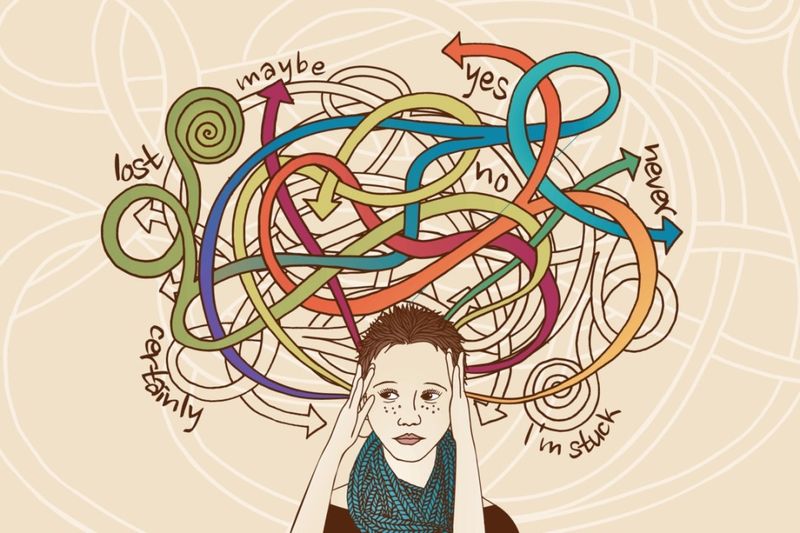
With love, your mind feels at ease, decisions come naturally, and your path together seems clear. It’s like finding calm in the storm. But emotional dependency is like a constant state of fog. You’re second-guessing everything, wondering if this is how it’s supposed to be.
Anxiety reigns, making it hard to see the truth of your feelings. Listen to your inner voice. Is it confident or questioning? True love clears the murkiness, while dependency leaves you lost in thought. Seek clarity in your emotions and decisions; it’s a hallmark of a healthy relationship.
4. Love respects boundaries. Dependency pushes past them.

Boundaries are the backbone of any strong relationship. In love, these lines are respected and honored, fostering trust and security. You feel safe expressing your needs without fear of backlash. Emotional dependency, however, bulldozes through these boundaries, viewing them as obstacles rather than guidelines.
It’s a constant battle for control, where saying “no” feels risky. Notice how your partner reacts to your boundaries. Are they respected or dismissed? Healthy love values your limits, while dependency sees them as challenges to overcome. Protect your space; it’s essential for genuine connection.
5. Love empowers. Dependency controls.
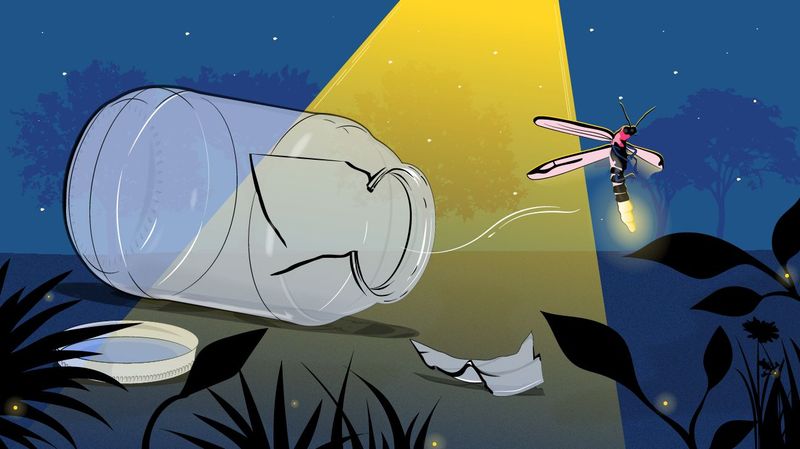
Empowerment is love’s gift, encouraging you to be bold, chase ambitions, and celebrate your uniqueness. A loving partner cheers you on, thriving on your successes. Conversely, emotional dependency involves control, keeping you tethered so you don’t grow apart.
This isn’t love; it’s an attempt to bind through insecurity. Evaluate your dynamic: do you feel uplifted or limited? True love liberates, while dependency restricts. Embrace the encouragement to soar; it’s a proof of healthy affection. Control has no place in love’s embrace.
6. Love grows from mutual support. Dependency demands reassurance.

Mutual support is the heartbeat of love. You’re there for each other, celebrating wins and comforting through losses. It’s a partnership of equals, each one contributing to the other’s happiness. In contrast, emotional dependency cries for constant reassurance, never satisfied, always needing more to feel secure.
This imbalance can drain the joy out of a relationship. Reflect on your interactions: are they balanced or one-sided? Love thrives on equality, while dependency latches onto neediness. Foster a relationship where support is shared, not demanded.
7. Love feels free. Dependency feels trapped.

In love, there’s an expansive freedom, even within a committed relationship. You breathe easy, knowing you’re cherished just as you are. It’s a liberating feeling, like the world is yours to explore together. Emotional dependency, however, feels suffocating, like a cage you can’t escape.
The constant need for togetherness becomes a burden. Examine your relationship: do you feel at ease or constrained? True love gives wings, whereas dependency clips them. Choose the path that lets your spirit soar.
8. Love communicates honestly. Dependency manipulates subtly.

Communication in love is open, honest, and heartfelt. You share feelings without fear, knowing they’ll be met with understanding. This transparency builds a strong foundation of trust. Emotional dependency, though, manipulates subtly, twisting words to control outcomes.
It’s a game of emotional chess, leaving you second-guessing your every move. Notice how conversations flow: are they straightforward or laced with hidden motives? Love speaks truth, while dependency masks intentions. Strive for honesty in every dialogue; it’s the cornerstone of a thriving relationship.
9. Love gives space for individuality. Dependency erases it.

In love, you celebrate each other’s individuality, encouraging personal growth and passions. It’s a beautiful balance of togetherness and personal space. But emotional dependency erases individuality, merging identities until you’re lost in the relationship.
It’s a suffocating embrace that stifles personal expression. Consider if you feel celebrated for who you are or pressured to conform. Love honors your uniqueness, while dependency seeks to overshadow it. Preserve your identity within love’s embrace; it’s a vital component of true happiness.
10. Love says, “I want you to be happy.” Dependency says, “You can’t be happy unless it’s with me.”

Love is selfless, always wanting the best for your partner, even if it means letting them go. It’s about their happiness, not your own comfort. Emotional dependency, however, is possessive, insisting that happiness is only possible together.
This isn’t love; it’s control masquerading as affection. Ask yourself: are you genuinely happy for your partner, or do you feel threatened by their independence? True love celebrates their joy, while dependency fears losing it. Choose the path that uplifts, not confines.
11. Love trusts. Dependency checks phones.

Trust is the bedrock of love, providing a safe space to be vulnerable and open. You believe in each other’s fidelity and intentions, creating a tranquil relationship. Dependency, however, breeds suspicion, driving you to check phones and question motives.
It’s a cycle of doubt that erodes trust. Reflect on your relationship: is it built on faith or fear? Love believes, while dependency doubts. Cultivate a bond grounded in trust, where phones are for sharing joy, not secrets.
12. Love is reciprocal. Dependency is one-sided.
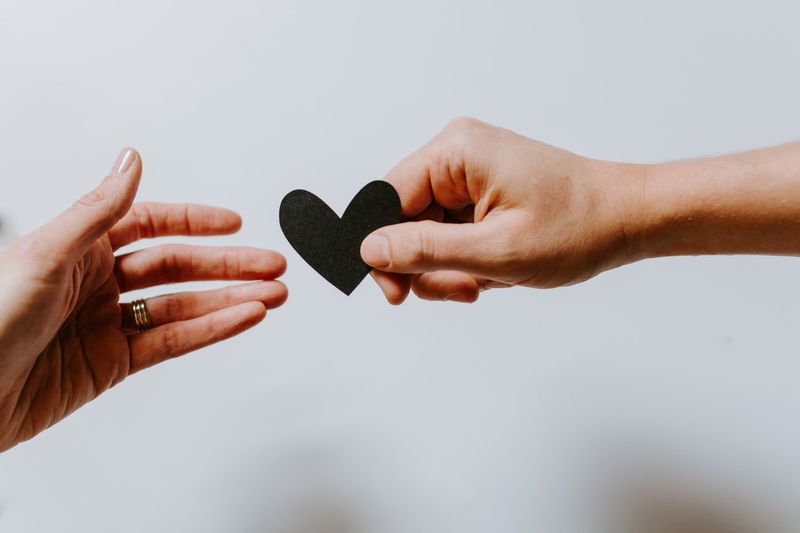
Reciprocity is a hallmark of love, where both partners give and receive, creating a harmonious balance. It’s a joyful exchange of affection and support, enriching your connection. Emotional dependency, however, is one-sided, where one partner gives while the other takes.
This imbalance breeds resentment and unhappiness. Assess your relationship: is there a fair exchange of love and effort? True love flourishes on mutuality, while dependency drains. Strive for a relationship where giving and receiving are in joyful equilibrium.
13. Love allows for conflict. Dependency avoids it at all costs.

Conflict is natural in love, a chance to grow and understand each other deeper. You work through disagreements with respect and patience, strengthening your bond. Emotional dependency, however, fears conflict, avoiding it to keep the peace.
It’s an illusion of harmony that stifles growth. Consider how you handle disagreements: are they opportunities or threats? True love embraces the challenge, while dependency shuns it. Embrace conflict as a pathway to deeper connection, not something to fear.
14. Love leads to inner peace. Dependency leads to emotional highs and lows.

With love, there’s a profound sense of inner peace, a calm that anchors you amidst life’s chaos. It’s a steadying force, providing security and warmth. Emotional dependency, however, is a rollercoaster of emotions, soaring highs followed by crashing lows.
This instability disrupts your peace, leaving you exhausted. Assess how your relationship makes you feel: serene or turbulent? Love nurtures tranquility, while dependency thrives on drama. Seek the path of peace, where love is a gentle balm to the soul.
15. Love says, “I love who you are.” Dependency says, “I love what you do for me.”
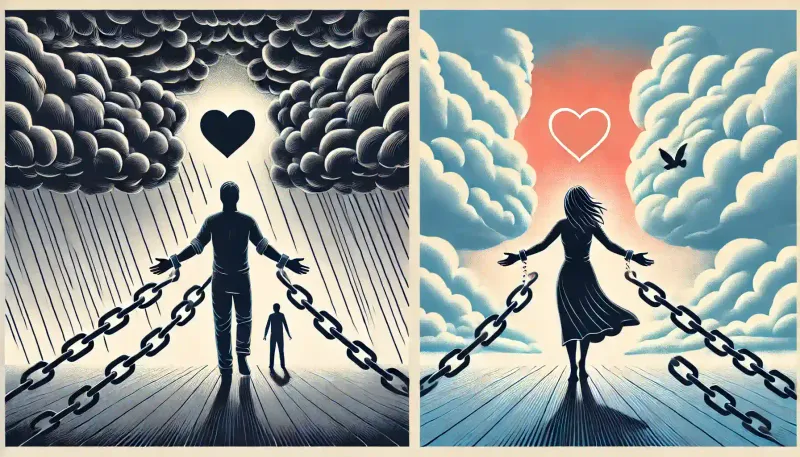
Unconditional love cherishes your partner for who they are, not what they provide. It’s a deep appreciation of their essence, a connection beyond superficial gains. Emotional dependency, however, focuses on benefits, valuing partners for their roles rather than their being.
It’s a transactional relationship, not a loving one. Reflect on your feelings: do you treasure their presence or their utility? True love values the person, while dependency values the benefits. Cherish your partner for their soul, not their services.
16. Love stands on its own. Dependency is a coping mechanism.
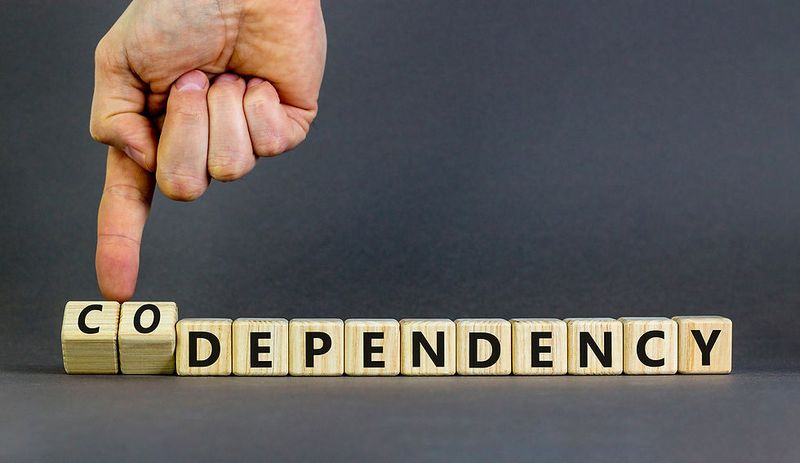
Love is whole and complete, a choice made from a place of strength and security. It doesn’t need to fill gaps or solve problems; it simply exists. Emotional dependency, however, is a coping mechanism, a way to avoid dealing with deeper issues alone.
It’s leaning on someone else to feel complete. Consider your relationship: is it an addition or a necessity? True love is self-sufficient, while dependency seeks external support. Choose a love that complements, not completes.
17. Love grows through freedom. Dependency grows through fear.

Growth in love comes from freedom, the ability to expand and evolve together without constraints. It’s a nurturing journey that emboldens both partners. Emotional dependency, however, grows from fear, a need to control and restrict to feel secure.
This fear stunts growth, keeping the relationship stagnant. Reflect on your relationship’s dynamics: do they encourage evolution or stagnation? True love blossoms with liberty, while dependency withers under fear. Foster a bond that thrives on freedom, where growth is a shared adventure.



